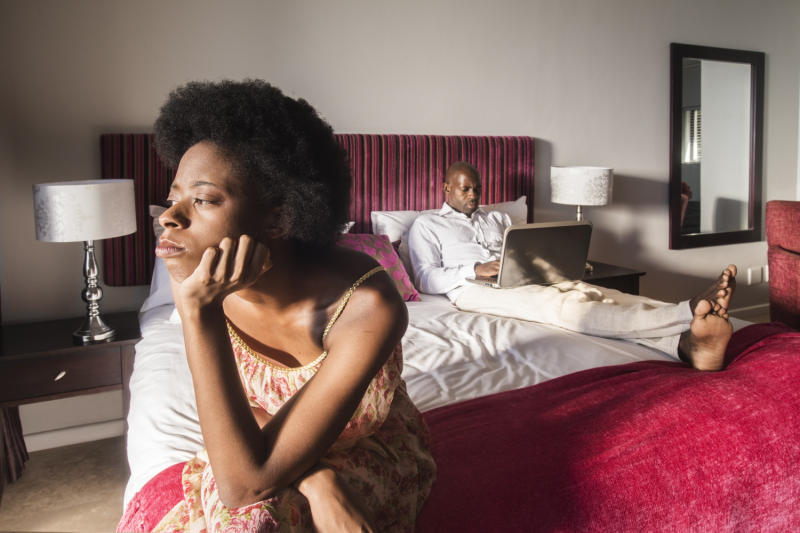×
The Standard e-Paper
Home To Bold Columnists

The ongoing Covid-19 related restrictions have been blamed for a spike in bedroom stress, especially among men aged between 31 and 50.
Forty-one per cent of married couples surveyed in Kenya say they are less satisfied with their sex lives compared to only 26 per cent before the pandemic.